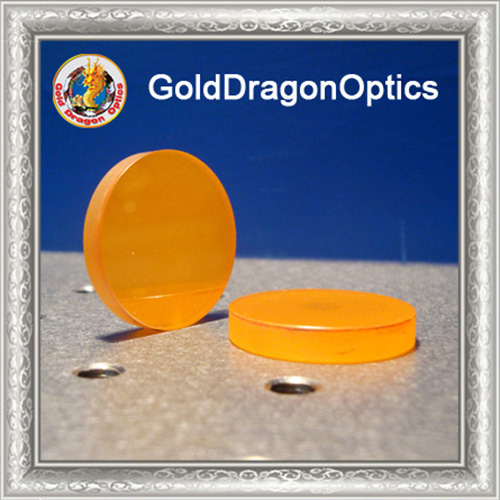This year's drought is severe, and the use of microbial fertilizers containing Bacillus licheniformis can effectively prevent drought. The reason is: Bacillus licheniformis is also called silicate fungicide. It is a silicate bacterium that has strong potassium-dissolving ability selected from the root of crops. It is developed by industrial fermentation using a specific medium. In the soil through its life activities, increase the supply of plant nutrient elements, stimulate crop growth, inhibit harmful microbial activities, have a strong effect of increasing production, is currently the most significant increase in production, the widely recognized microbial agents.
1. Bacillus licheniformis can secrete growth-promoting substances such as auxin substances and gibberellin substances, increase roots and strong seedlings, and directly enhance the drought resistance of plants.
There are auxin substances and gibberellin substances in the bacteria and fermentation broth of Bacillus licheniformis. The cytokinin content in the fermentation broth is 36 mg/L, and the gibberellin content is 348 mg/L. The acetic acid was 38 μg/ml. Their joint action stimulates crops, strengthens roots and shoots, promotes crop growth, and enhances plant resistance.
2. Bacillus licheniformis can decompose the silicon element in the soil for plant utilization, so that the wax layer of the plant is thickened and the water retention capacity of the plant is improved.
Bacillus licheniformis grows and propagates around the seed or crop roots by the bacterial cells, and produces a large amount of organic acids and enzymes in the metabolism process, which decomposes minerals such as insoluble aluminosilicates in the soil, K, P, Si, Mg, Zn, etc. are released in the form of ions for absorption and utilization by plant roots. The silicate bacteria grow and multiply in the soil, and decompose the insoluble minerals such as metasilicate in the soil, so that the plants can take in a large amount of silicon from the soil, thereby thickening the wax layer of the plant and improving the non-specific immunity of the plant. Ability and water retention capacity.
3. Bacillus licheniformis can promote the formation of soil aggregate structure, prevent soil compaction; destroy soil capillary phenomenon and prevent soil water evaporation.
Total 1 | <First <Prev 1 Next> Last> |
share to:
Zinc Selenide Plano-convex Lenses
Zinc Selenide plano-convex lens,plano-convex lens,plano convex lens focal length,plano convex lens ray diagram
Our company can produce many kinds of flat convex Spherical Mirrors with different sizes, radii and base materials, flat convex spherical Mirrors, flat concave spherical mirrors, double convex spherical mirrors, double concave spherical mirrors, meniscus spherical mirrors and other ordinary spherical mirrors. Special spherical mirror can also be processed, such as: achromatic spherical mirror, aspheric surface and spherical mirror group.
Materials: optical glasses such as flint glass, ultraviolet fused quartz and infrared fused quartz, as well as optical crystal materials such as calcium fluoride (CaF2), germanium (Ge), Zinc selenide (ZnSe) and silicon (Si)
Focal length: ±5mm -- ±1000mm±1%
(Germany TIROPTICS OPTOMATIC2000 test)
Outer circle: 4mm -- 200mm±0.1mm
Center thickness tolerance: ±0.1mm
Center deviation: 3-5 points
Surface accuracy: /2@
Surface quality: 40/20
Effective diameter: 90%
Plating film: according to customer requirements can be coated
In addition, we have more than a thousand kinds of standard products, and some of the standard products in stock to meet your needs

Zinc Selenide Plano-Convex Lenses,Plano Convex Cylindrical Lens,Convex Cylindrical Lens,Plano Concave Lens
Gold Dragon Optics Electronic Technology CO.,Ltd , https://www.golddragon-optics.com
